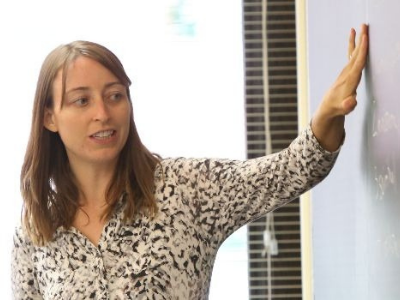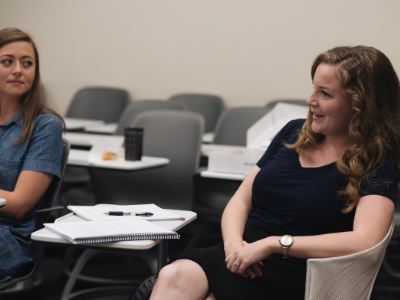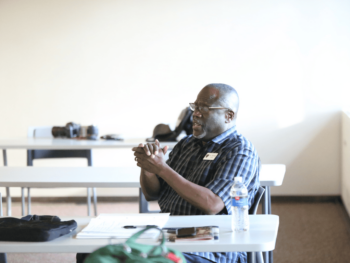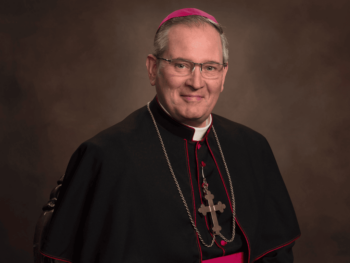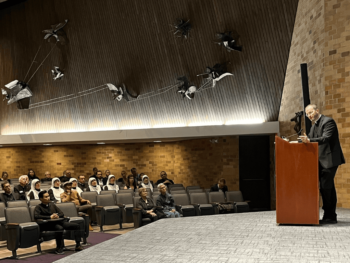The Saint Paul Seminary’s lay graduate theological programs equip lay leaders to become more wholly configured to Christ in service of their local Church.
A Community of Formation
Our graduate degree programs provide opportunities for integrated formation that serve the whole person, including:
- Days of Recollection
- Community Meals
- Prayer and Worship
- Service Opportunities
Human Formation
Human formation is an active acknowledgment of the gift of our lives. Care for self must be established in order to serve others. A healthy person cares for his/her own physical, mental, emotional and psychological well-being. Through honest reflection and discipline, a well-informed student will find the balance of healthful exercise, eating and sleeping habits to balance fruitful study. Self-awareness and responsibility, in regard to emotional and psychological stability, may be achieved with the use of the many good resources available to students. Human formation is foundational for a life of service and leadership.
Intellectual Formation
Intellectual formation is at the core of our students' experience in that the pursuit of a graduate degree in theology is an academic exercise. While academic excellence is generally assessed by objective performance measures, it is our vision to promote a view of academic study which incorporates other virtues as well. Humility, patience, peace, docility, perseverance and charity are some of the qualities necessary for a life of theological study and consideration. Contemplation, prayer, attentiveness and regard for others are also essential for the development of a mind alive in Christ.
Spiritual Formation
Spiritual Formation is based on the one mission and the one call to holiness in which all members of the Church participate, though in different ways. An authentic spirituality is focused on the Kingdom of God, permeated by the liturgy and the sacraments, enriched by the total experience of the Catholic tradition, informed theologically, expressed in service, and respectful of the dynamics of human growth. Lay ministers and theologians discern the will of God in their lives and in the work to which they are dedicated. Knowledge of personal gifts, practice of spiritual growth, and attentiveness to the events and phenomena of the world lead individuals to more freely and confidently respond to the activity of the Holy Spirit. Self-reflection and a willingness to be touched by struggles and joys of others draw us to compassionate response in the light of Christian faith. Community in worship unites us in our common mission to serve God and to support and affirm one another. Spiritual formation provides direction, motivation, and sustenance for pursuing the call to leadership and study.
Pastoral Formation
Pastoral formation is an important aspect of the application of study for both lay ministers and theologians. A pastoral sense is necessary to convey the teaching of the Church, to do ministry among the poor and to lead the parish community effectively. Pastoral formation has direct implications for the students in the Master of Art in Pastoral Ministry and Master of Art in Religious Education where students endeavor to serve the Church in a specific way.
For several decades and in growing numbers, lay men and women have been undertaking a wide variety of roles in Church ministries. Many of these roles presume a significant degree of preparation, formation and professional competence. The laity have been entrusted with responsibilities for leadership in particular areas of ministry, thereby being drawn into a close, mutual collaboration with the pastoral ministry of bishops, priests and deacons. A collaboration intended to be fruitful, as ordained and lay ministers, in distinct and complementary ways, deliver the Church’s saving message of Christ to the world.
Co-Workers in the Vineyard of the Lord is a resource for diocesan bishops and for all who are responsible for guiding the development of lay ecclesial ministry in the United States.
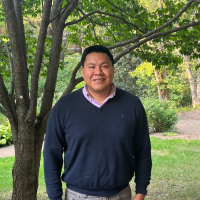
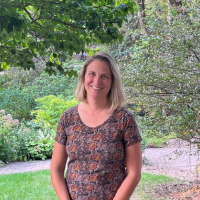



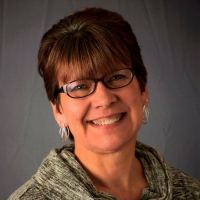
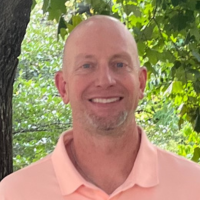
Take the next step as a joyful, Catholic leader
Experience the joy. Know and share the truth.
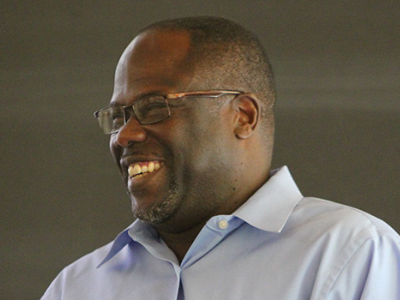
Want to dive deeper? View the seminary's complete graduate catalog.

